Municipal Finance and Local Fiscal System
Policy Dialogues Venue: Room 15-Demetrio Aguilera Theater- Lincoln Institute of Land Policy,
- World Bank (World Bank).
- Alison Tshangana Specialist For Human Settlements South Africa Local Government Association

- Ede Jorge Ijjasz-Vasquez Senior Director Social Urban Rural And Resilience World Bank Group Colombia
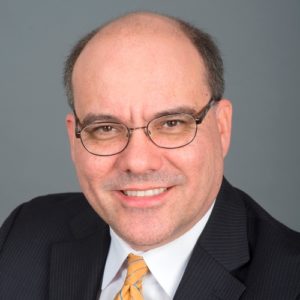
- Fernando de Mello Franco Secretary Of Urban Development Sao Paulo City Hall Brazil
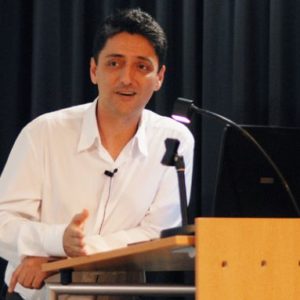
- George McCarthy President And CEO Lincoln Institute of Land Policy United States of America
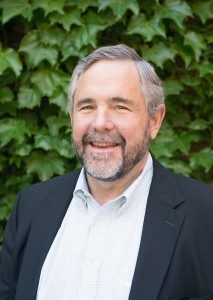
- Heather Jackson Head Of Specialised Credit Ashburton Investments South Africa

- Jennifer Musisi Executive Director Kampala Capital City Authority Uganda Uganda
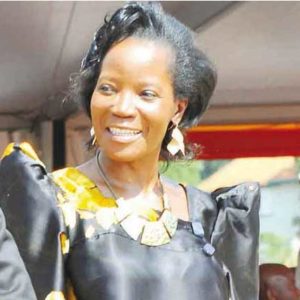
- John Hill Chief Financial Officer City Of Detroit United States of America
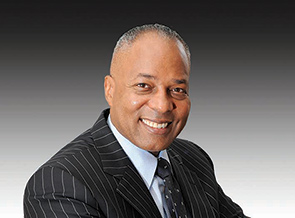
- Roland White Global Lead: City Management Governance And Financing Social Urban Rural And Resilience Global Practice World Bank
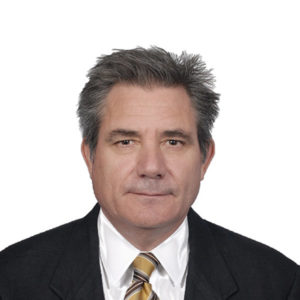
- Vicente Fretes Cibils Chief - Fiscal And Municipal Management Division Inter-American Development Bank (IADB) United States of America
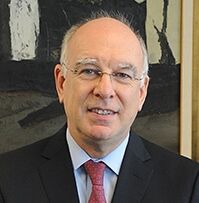
- Zhi Liu Director Lincoln Institute China Program Beijing China China

Financing the New Urban Agenda: From Challenges to Implementation
This Dialogue will focus on the financing aspects of the implementation of the New Urban Agenda: how municipalities could access, leverage and manage the fiscal and financial resources need to implement the New Urban Agenda and to meet the needs of local populations. The first session of the Dialogue will focus on identifying the key issues and challenges related to municipalities’ expanding access to, leveraging and managing financial resources. These include own-source revenues, fiscal transfers and raising private capital. Panelists will be invited to each give a 10-minute talk on one of the three topics, respectively, followed by a 35-minute discussion to engage the audience. In the second session, the discussion will focus on sharing global experiences which illustrate actions taken by municipalities, central governments and private sector investors to address the identified challenges. Four panelists will be invited to each give 10-minute inputs during this session. The floor will then be opened for another 45-minute Q&A discussion session with the audience.
Guiding Questions
· What are the major financial challenges that municipalities will encounter in their efforts to implement the New Urban Agenda?
· What tools and assistance will local governments need to help them to overcome these challenges?
· Are there current examples of places that have demonstrated particular acumen in tackling these challenges?
· What can we learn from these places and their practices for financing the New Urban Agenda?
· Is it possible to replicate successful local practices in different places and contexts? Is it possible to adapt them to conform to local circumstances? · How do different levels of government (local and national) see their roles in manifesting the New Urban Agenda?
· What roles will other institutions (development banks, think tanks, etc.) play in supporting efforts to finance the New Urban Agenda?
· Given the widely varying strengths and weaknesses of municipal governments, and the deep differences in legal and institutional contexts, how can we meet cities where they are to: 1) assess their fiscal capacities, and diagnose their financial challenges; and 2) provide strategic guidance to help them grow their capacities and fortify their systems?
· Is it possible to monitor the success of municipalities at achieving the goals of the New Urban Agenda? How?
